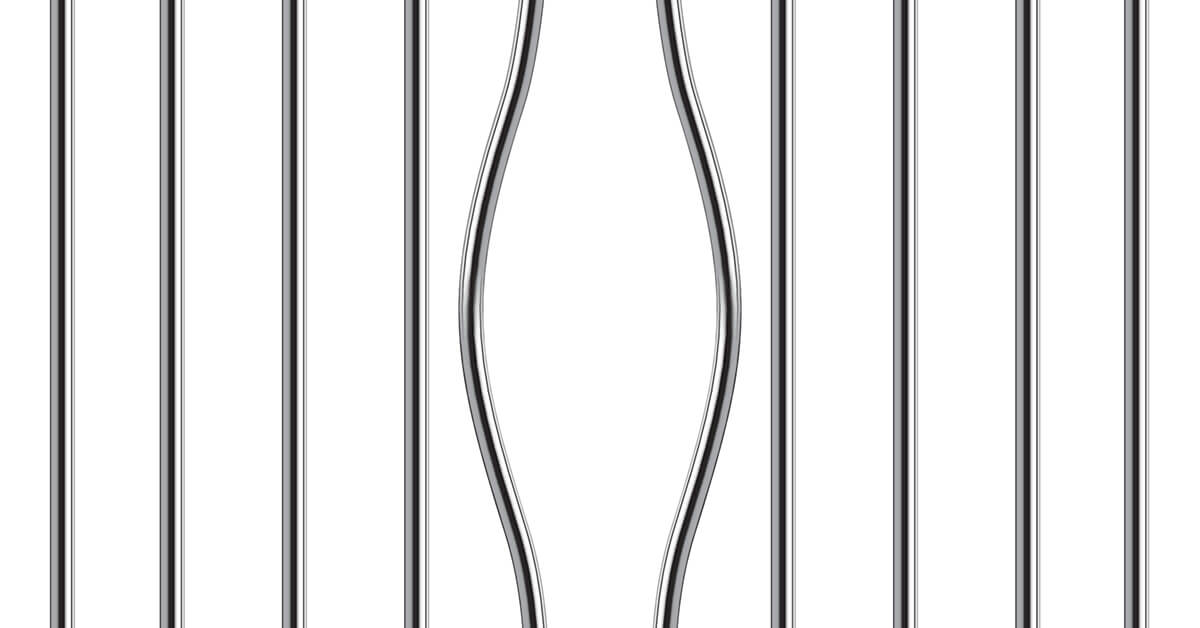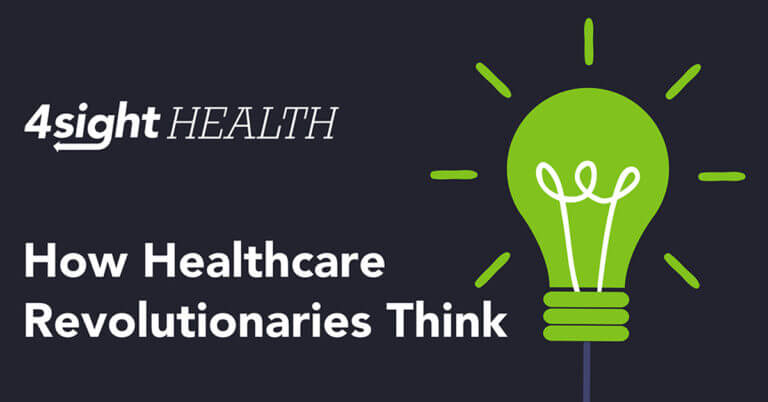May 8, 2024

A Relatively Short Anecdote About Patient Leakage
Healthcare has more industry jargon than most. One of my least favorite terms is “patient leakage.” That occurs when a patient squirts out of the grip of a hospital, health system or medical practice and into the waiting arms of an unaffiliated provider for care.
Hospitals, health systems and medical practices say leakage fragments care and deprives that patient of the benefits of coordinated care. That’s not the real reason they don’t like it. They don’t like it because it deprives them of the revenue they think was owed them.
You didn’t think hospitals, health systems and medical practices collect referral data and track physician referral patterns for clinical reasons, did you? Seriously? Providers spend huge amounts of time, money, technology and manpower to prevent patient leakage. Likely more than they spend on patient safety.
So, here’s my patient leakage story.
A friend of mine was recently diagnosed with lung cancer. He previously was diagnosed and successfully treated for melanoma twice. Apparently, at some point, without any symptoms, the cancer reappeared in his lungs. He’s undergoing treatment right now.
I’m not fair-skinned. I’m not a sun-worshipper. But I do spend time outside cutting the grass, gardening, riding my bike, hiking, fishing and golfing. Given what happened to my friend, my wife thought it would be a good idea to get a few moles checked out or even a full-body skin exam. I’ve never had either.
On April 18, I contacted my primary care physician. Let’s call her Dr. A. Via secure message through my patient portal, I asked Dr. A for a referral to an affiliated dermatologist in my health insurance network. About two hours later, a nurse in Dr. A’s office — let’s call her Nurse B — responded to my request.
Nurse B said they placed the referral with an affiliated, in-network dermatologist. Nurse B said, “If the wait is too long, let us know, and we may have to refer you outside of the system.”
What? Are you really going to refer me to an unaffiliated provider? Is this a joke? Don’t you know about leakage? Are you Nurse B or an imposter? Don’t you fear for your job security?
I called the affiliated, in-network dermatologist to make an appointment. I mean, how long could it take to get an appointment? The answer: 11 months.
The next available opening with an affiliated, in-network dermatologist was March 11, 2025. It didn’t matter if it was to check out a suspicious mole or to conduct a preventative full-body skin exam.
I messaged Nurse B back and asked for the referral to an unaffiliated dermatologist. She recommended that I try two different places, ask them if they took my insurance, and, if so, let her know, and she would send them the referral. She also suggested that I ask to see a physician assistant first to be seen quicker. I did everything Nurse B said, and I have an appointment on June 11. That’s June 11, 2024 — nine months sooner than the first appointment I could get with an affiliated, in-network dermatology office.
I messaged Nurse B back to thank her and ask her to send the out-of-network referral. I got a polite yet impersonal reply back, not from Nurse B but from Nurse C with whom I had no previous contact. Nurse C said she faxed the referral to the unaffiliated, out-of-network dermatology office, thank you very much, and that was that.
Part of me can’t help but think that Nurse B got busted for helping me get a dermatology appointment this century. Ignoring process and technology, Nurse B took it upon herself, as a person, to help me out, leakage be damned. There’s a message chain, paper referral and fax verification sheet to prove her guilt.
Chances are my June 11 appointment will turn up nothing. No harm, no foul. Let’s say the appointment does turn up something. I can get treated quickly and ideally have a positive outcome.
Let’s say Nurse B is told by her health system to prevent patient leakage at all costs. Nurse B follows the rules. I can’t see a dermatologist for 11 months. Chances are my March 11, 2025, appointment will turn up nothing. No harm, no foul.
But what if there is something? It’s left undiagnosed and untreated for nearly a year. By that time, it may be too late to do anything about it.
Talk about your game changer.
It’s a point I’ve made in other blog posts and monthly columns. The healthcare system doesn’t work for consumers unless you’re lucky enough to find the one person willing to break protocol to get you what you need when you need it. It’s a flip of the coin.
What if Nurse C read my referral request that day and not Nurse B?
Consumers deserve a better healthcare system.
Thanks for reading.





